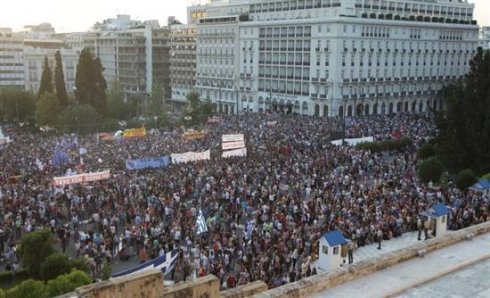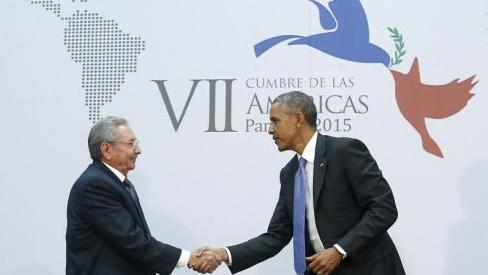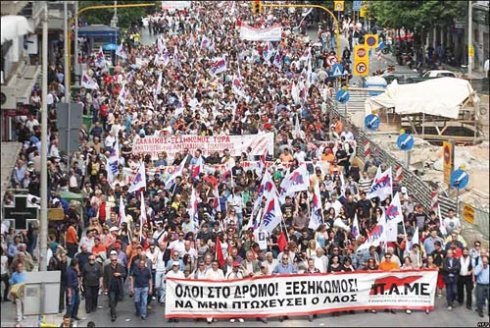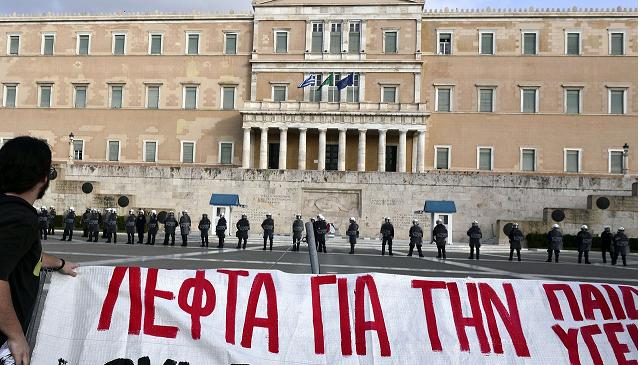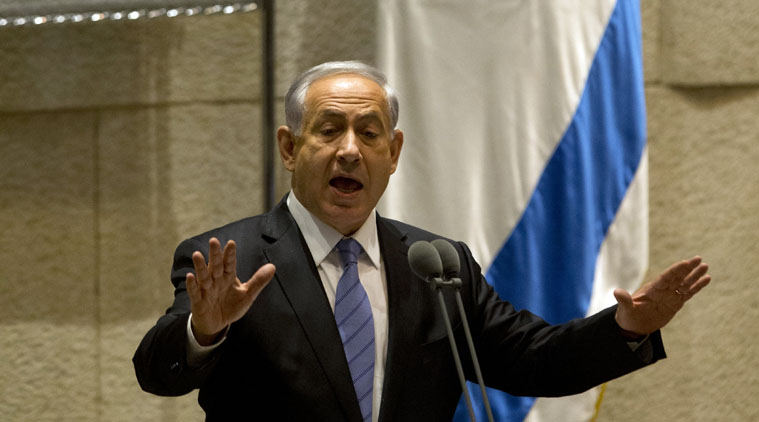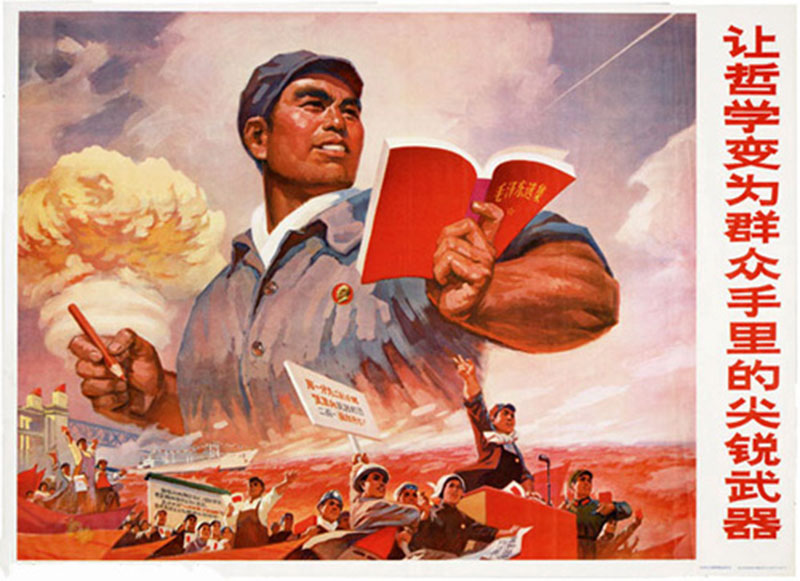RIO joins The Trotskyist Fraction – Fourth International (FT-CI) as sympathizing sections
31/08/2011
After more than one and a half years of discussions with the FT-CI, RIO is joining as sympathizing sections in Germany and the Czech Republic
La Verdad Obrera (newspaper of the PTS, Argentinian section of the FT-CI), interviewed Wladek Flakin and Stefan Schneider about this advancement in the relationship to the FT.
LVO: How did RIO emerge?
Wladek: RIO (the Revolutionary Internationalist Organization) was founded in January 2010 by the independent youth organization REVOLUTION, with presence in Germany and the Czech Republic, which for three years had tried to build an independent Trotskyist youth organization, primarily working with high school students, with a partial work at universities and a pioneering work in the workers’ movement. However, our theoretical-political accumulation and our experiences were insufficient to build up an organization at a national and international level, given our limited program, our low level of theoretical elaboration on major international issues and our unclear practice of internationalism. Realizing this was not easy, it was necessary to go through several experiences, some of them very negative, in order to recognize the need to build up a serious cadre organization with a scientific program and a professional structure.
Stefan: As a first step in this direction, we decided to discuss intensively with some of the Trotskyist tendencies in order to define our program. While discussions with other tendencies led to important programmatic differences, our discussions with the Trotskyist Fraction – Fourth International (FT-CI) revealed broader agreements that gave us a basis for more profound discussions.
LVO: How did the relationship with the FT-CI and the process of discussions begin?
Wladek: The relationship with the FT consisted fundamentally in collaboration with the comrades of the FT in Germany, organized around the magazine "Internationaler Klassenkampf" (IK). As we increasingly understood the possibility that a new epoch was opening, with the end of the bourgeois restoration as expressed in the international economic crisis we have been witnessing for the last four years, we recognized the necessity (not abstractly, but very concretely) of the reconstruction of a revolutionary workers’ international. Based on that, we began discussions with the comrades of IK about the bourgeois restoration and the reconstruction of the Fourth International, among other things.
Stefan: In addition, as we advanced in programmatic agreements, we also tried to intervene jointly in students’ and workers’ struggles (the few that have occurred in Germany, such as the student strike of 2009 in Berlin, where we organized solidarity from students for a struggle of university workers and carried out the only worker-student assembly at a national level) and draw the lessons from the struggles that took place at an international level such as the protests of the "French Autumn", the Arab spring and the "indignant" movement in the Spanish State. In this way, we could also advance in our criticism of the principal reformist and centrist tendencies at an international level, who are also our main competitors in Germany and the Czech Republic.
Wladek: The biggest step in this direction was a summer school with comrades from RIO and the FT from Germany, the Czech Republic, France, the Spanish State and the United Kingdom, with intense discussions on the situation internationally and in the countries where we work. Thus, we could advance in the political and economic characterization of Europe in the context of the international crisis as a basis for the concrete perspectives for building up our groups.
LVO: What does it mean for you to advance as a sympathizing section of the FT-CI?
Stefan: Firstly, we can say that we have much work ahead of us, for example in the characterization of the regimes both in one of the most important imperialist countries in the world and in a former deformed workers’ state, or the recovery of the Trotskyist tradition in these countries. If we advance in that, we believe it will also mean a qualitative step for the FT as a whole. In addition, there is the need to translate the strategic-programmatic arrangements we have with the FT into a concrete orientation, both for Germany and the Czech Republic. That should be expressed in the conquest of a stronghold at the university in order to form a student movement with cadres capable of intervening in the political struggle between the different tendencies and with an orientation towards the working class, to begin to recover the tradition of worker-student unity.
Wladek: We see today, in different countries – both central and semi-colonial ones – and with many inconsistencies, the awakening of a new fighting youth, which – considering the subjective backwardness caused by the bourgeois restoration – in one way or another is increasingly challenging the governments. Perhaps the most profound expression of this so far is the case of Chile, where large sections of the youth want to fight together with the workers’ movement to overthrow the privatizing post-Pinochet regime. We understand that young people throughout history have again and again acted as a precursor to more intense class struggles and could even play a role in the emergence of more radical workers’ movements. Hence we see the need to build up our organization in the student movement in order to forge a revolutionary pole from which to intervene in the workers’ movement, since we do not yet have an insertion in the working class.
Stefan: We are talking about the first steps in a series of preparatory tasks for a future explosion of the class struggle. We think that with the greater experience of the FT in the political struggle both in the students’ movement and in the workers’ movement, we can advance in that direction in Germany and the Czech Republic, and in this way, contribute to the reconstruction of the Fourth International as the world party of socialist revolution.
